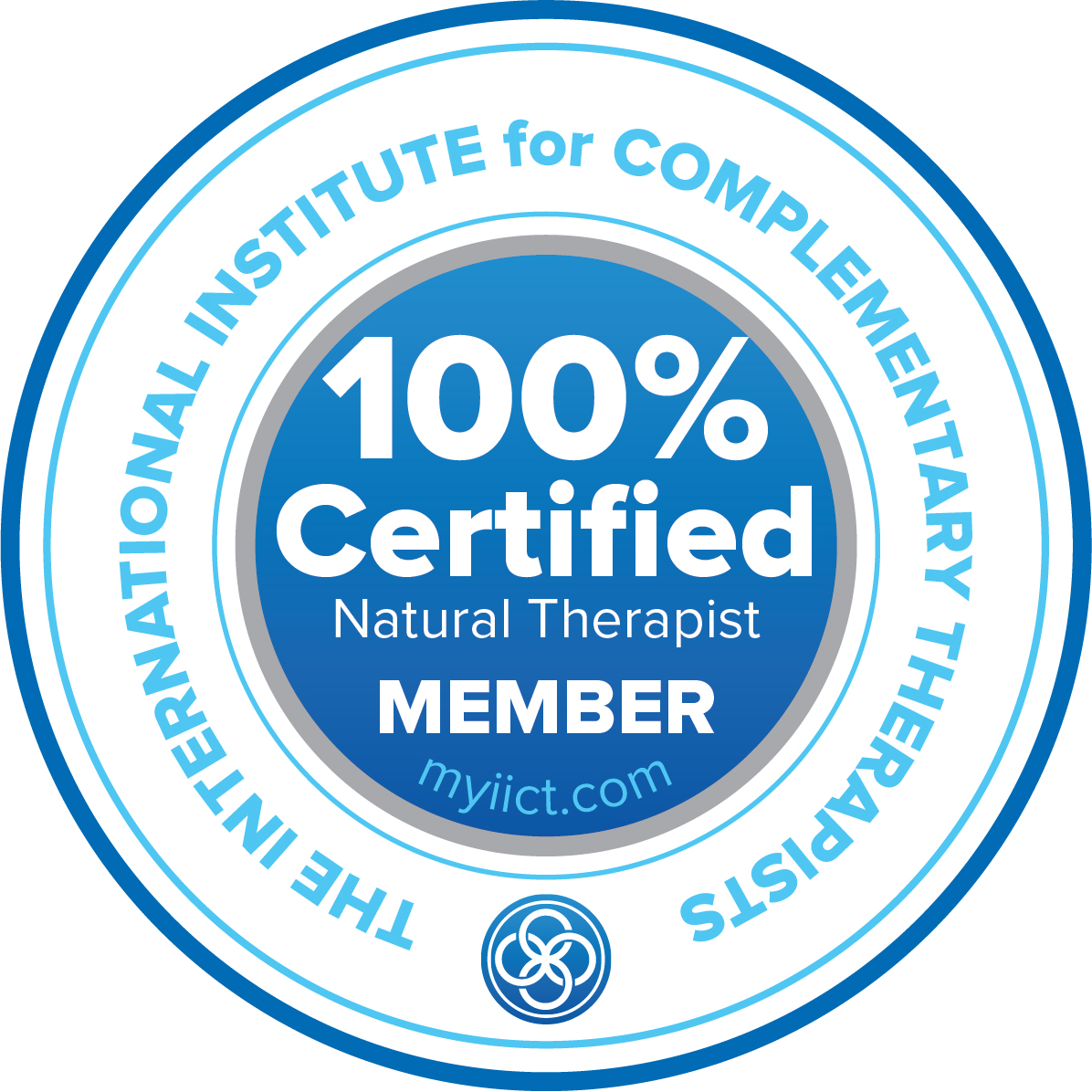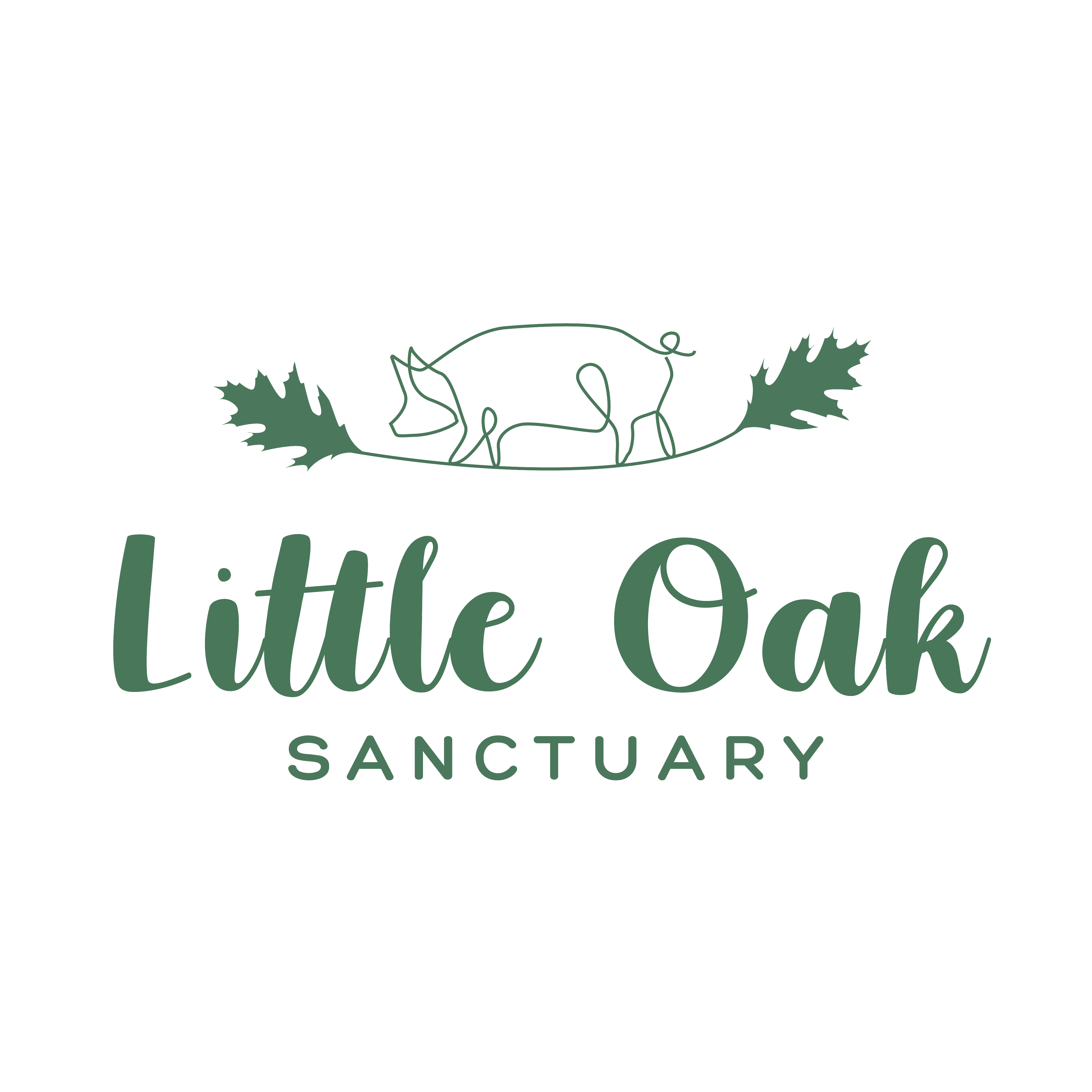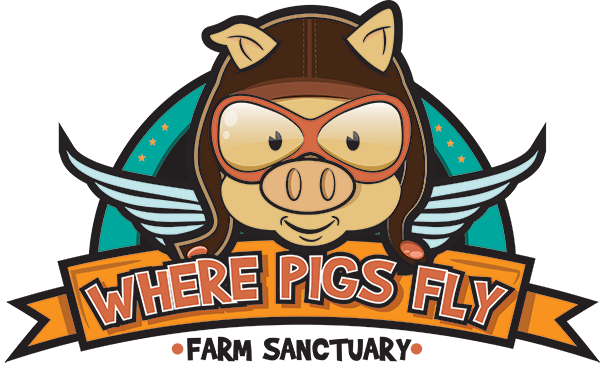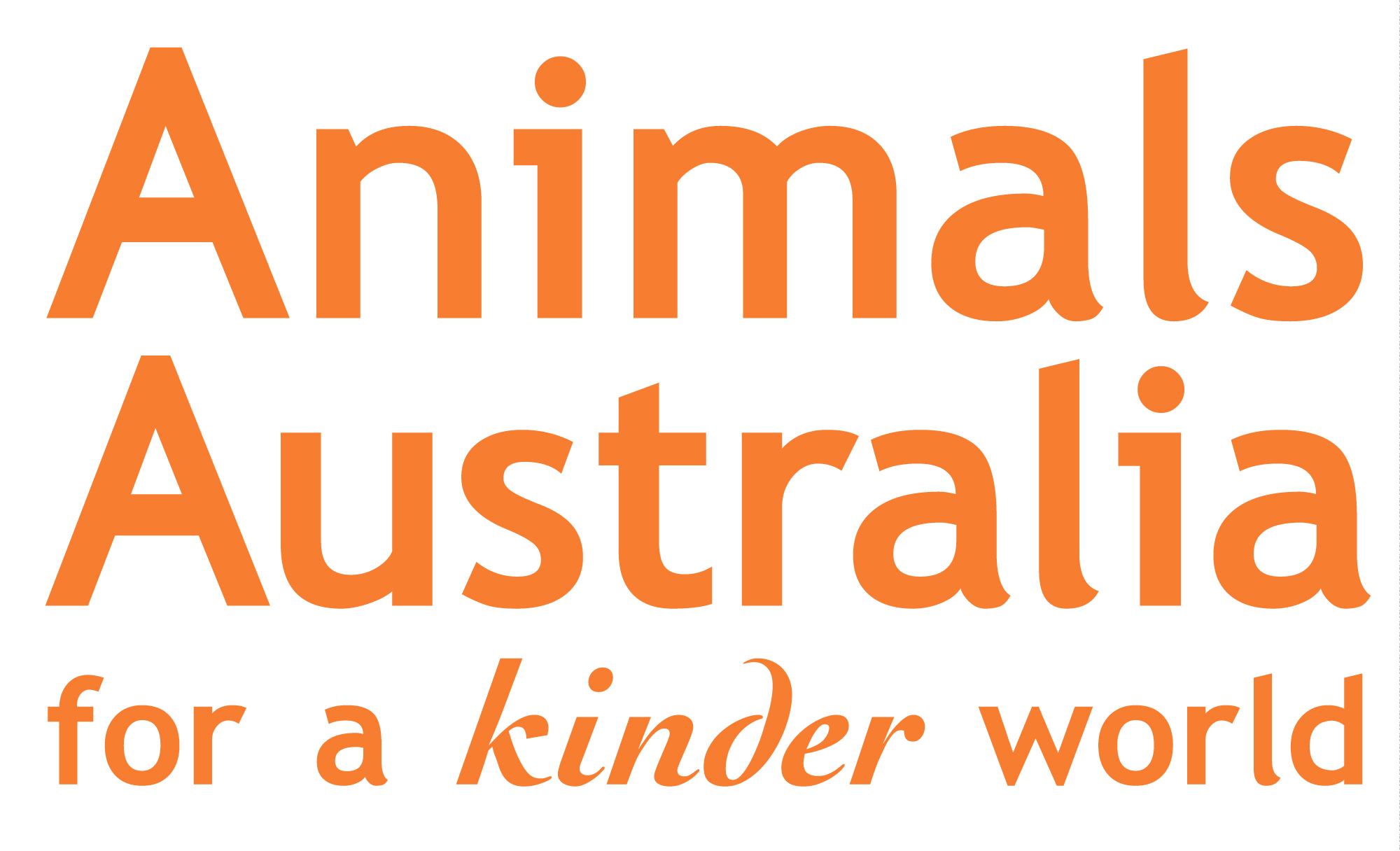For my latest articles and special offers, subscribe to Jess Ang's Intuitive Updates here.
Choosing Happiness

September 2024
Intuition and Happiness
For anyone wanting to get in touch (or stay in touch) with their intuition, it’s worthwhile to focus on increasing happiness whenever possible.
My experience has been that the happier I feel, the stronger my intuition becomes. And when I follow intuitive guidance, my baseline level of happiness tends to rise. The correlation between intuition and happiness is not unique to me; many people notice a positive relationship between the two. This is why there’s a whole chapter in my book Channel (Chapter 6: “Down in the Dumps?”) covering strategies to lift our mood.
I’ve come a long way from once believing that happiness was largely out of anyone’s control, to now trusting that we have much more power over our inner experience than we may think.
Elusive Happiness
At 11 years old, I remember walking along a beach and noticing that although nothing terrible was happening, I didn’t feel happy. It wasn’t a state of depression, just more an absence of positive feelings. I wondered how long it would take for my mood to improve, eventually deciding that several months should be enough. I got out my school diary and wrote a multiple-choice question on a future date in September, simply stating “Are you happy now?” followed by options “Yes”, “No”, and “Maybe”. I even drew little boxes next to each answer so I could tick the right response when the time came. It was a weird thing to do, but I wasn’t exactly a normal child!
Months later, I opened my diary in a science class and saw the previous entry that had been made. After checking in with how I was feeling, I ticked the box next to “No”, not realising that another girl happened to be looking over my shoulder. She turned to face me and asked, “Aren’t you?” I often joked around and made her laugh, so she may have assumed that my mood was higher than it was. In my embarrassment I proceeded to tick the other two options – “Yes” and “Maybe” – in a poor attempt to hide what I’d just revealed.
At the time, although I was a big believer in meditation and the capacity for happiness by managing one’s internal state, there was a conflicting belief that such happiness would be limited – at least in terms of its consistency – until achieving some lofty state of enlightenment. Back then, I held two assumptions about happiness:
1) Without anything changing, I might feel happier if I waited long enough.
2) How happy I felt was the result of external circumstances.
These assumptions are not necessarily consistent with each other, because if nothing were to change externally (which is relevant to assumption 2), then how could I feel happier over time in the absence of such change (assumption 1)? What both assumptions do have in common, however, is that they are disempowering.
To believe that positive emotions can only be caused by either waiting for them to show up, or for something good to happen on the outside, means that happiness would have to remain a very elusive thing.
Choice
It was later in my teenage years when I read The Art of Happiness by the Dalai Lama and Howard Cutler. It led to an ‘aha’ moment, with the realisation that being happy could be a choice. After testing this theory out, I came to believe that choosing happiness is indeed more impactful than waiting passively or hoping that something will happen externally to justify feeling it.
Once we’ve consciously decided that we want to be happy, there are various things we can do that have been shown to increase happiness. Activities like writing down what we’re grateful for, smiling and physically moving, and focusing on thoughts that feel good to think, are all effective for many people in improving mood.
If thoughts feel uncontrollable, then we can drop any effort to manage them, and put our attention on living according to our values. According to Dr Russ Harriss, who wrote The Happiness Trap, happiness can be defined as living a meaningful life in accordance with what we value, without it being dependent on goal achievement, external factors, or striving for a constant state of pleasure; it can be experienced even when emotional discomfort or pain is present.
Other than our actions, thoughts and alignment with values, there’s another important factor that’s often overlooked: We need to give ourselves permission to be happy.
Permission
About a year and a half before starting intuitive work professionally, I had a one-off coaching call with someone who made an interesting observation. He reflected that whenever I spoke about my engagement in spiritual practices, energetic perception, intuition, and other things that made me happy, I would follow up by making a comment to either dismiss or “qualify” what I’d just said. He reassured me that there was no need for me to do that, especially as he had been married to a psychic medium for many years and was very comfortable with all things woo-woo (his ex-wife later trained me to become a professional intuitive, but that’s another story)!
He posed some questions about whether I felt I deserved to be happy and whether I could give myself permission to feel it. He rightly suggested that I had been more concerned about what others were feeling or thinking than about what was best for me.
What I found most memorable after the whole call (which lasted over 5 hours) was the idea that I could prioritise happiness. He recommended that I say to myself:
“Happiness can be a real priority in my life, and I don’t need anyone’s permission or approval.”
Priority
Many of us have the sense
that we don’t deserve to be happy, or that we must earn it. Even if we do work
hard to “earn it”, whatever that may mean, it’s quite common to notice guilt or
discomfort about feeling good past a certain point. And returning to the
connection between happiness and intuition, it’s interesting that a lot of
people will dismiss their intuition when it nudges them towards doing something
fun or nurturing or exciting, just for them, that would positively affect their
own mood and wellbeing without necessarily serving anyone else. It’s as though
by having too much happiness, we worry that others may miss out on it or judge
us for it.
While choosing not to be happy isn’t always a conscious decision, it can become a habit. We may have old ideas about what we “should” be doing instead of what we want to do. And we probably have an emotional comfort zone or baseline that can feel scary to cross. For that reason, reaching a certain level of happiness can sometimes elicit a sense of fear when we’re not used to it.
However, the more we choose to be happy and allow ourselves to prioritise this choice, the more comfortable it will start to feel. And as that happens, we’ll likely enjoy a good boost to our intuitive ability too.
Click here to receive new articles by email
<-- Previous article Next article -->






